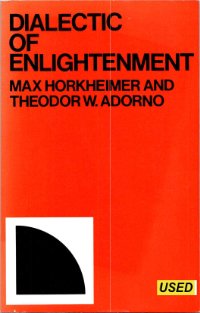by Herbert Marcuse
One-Dimensional Man by Herbert Marcuse is a seminal work that delves into the intricacies of advanced industrial society and the subtle ways in which ideology influences and shapes our everyday lives. By exploring the concept of one-dimensionality, Marcuse dissects the impact of technological advancements, consumer culture, and social control mechanisms on individual freedom and critical thinking.
Through insightful analysis and thought-provoking arguments, Marcuse challenges readers to question the status quo and break free from the confines of a society that promotes homogeneity and conformity. One-Dimensional Man serves as a critical examination of contemporary society while providing a roadmap for envisioning a more liberated and authentic existence. This book continues to resonate with readers seeking to navigate the complexities of modern life and understand the forces that shape our collective consciousness.
Beacon Press. Boston. 1964. 274p.






